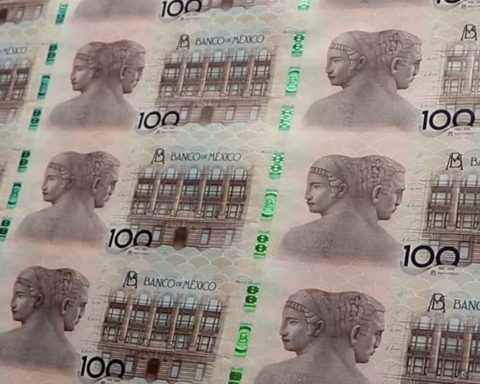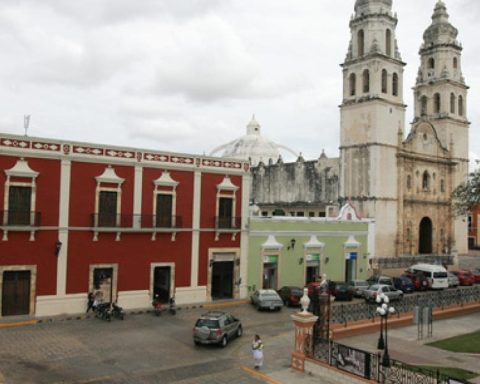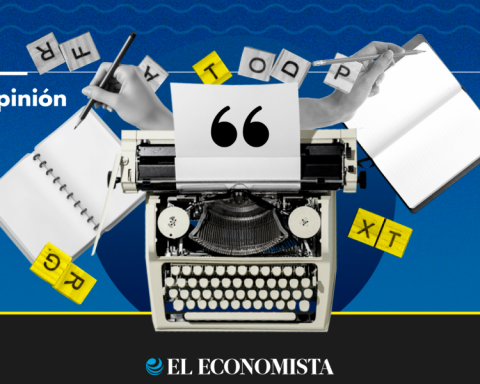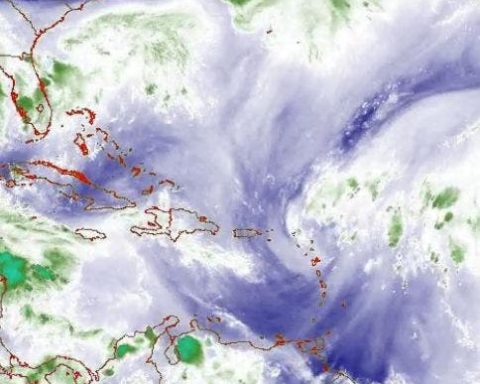The Package against inflation and shortages established by the federal government six months ago is practically unknown by most small businesses, barely 35% of them know about it. And 74.16% of those who do know the PACIC think that it has not worked, because prices continue to rise.
“There is no evidence that shows its application, it is not clear what products, what brands, what presentations in the broad market make up the PACIC basket. In recent days, they have tried to do it in supermarkets, but they do not represent the consumer of the broad social base. For this reason, popular class consumers are outside these efforts,” said Cuauhtémoc Rivera, president of the National Alliance of Small Businesses, during the presentation of the 18th Survey on Inflation and Scarcity.
The PACIC, according to the federal government, contemplates a series of actions that seek to have an impact on the price containment of 24 products of the basic basket. However, for most merchants this has not worked and, in fact, products such as oil, eggs, sugar, bread and milk continue to increase in price.
ask for credit for the first time
The survey also found that basically 8 out of 10 merchants have had to trust their customers. This is because the purchasing power of consumers is already lower and their purchases are no more than 100 pesos per ticket on average. In addition, within this figure, almost half of those who borrow are customers who asked for credit for the first time.
And, contrary to the objectives of PACIC, at least in small businesses, Mexicans have already totally or partially stopped buying products such as oil, tuna, box bread, canned sardines and eggs. Regarding the consumption of meat, most of those surveyed by ANPEC indicated that their clients no longer buy it or do so for half-kilogram portions.
This situation means that 42.6% of small businesses consider that their profits have dropped compared to the previous year. In addition, the assortment of some products has decreased, mainly soft drinks, beer and eggs.
The price becomes increasingly relevant in the purchase decisions of customers, since 74% of them buy based on their economic convenience. While only 4% do so based on the nutritional value of the products.
And, despite the fact that almost 70% of traders have to work more than 12 hours a day to make a profit, half consider that they will end the year pressured by the lack of money and 14.2% say that they will end without money.
The median of the projections of 16 participants in a survey conducted by Reuters showed an annual rate of inflation of 8.46% for the National Consumer Price Index, during October, below the record of more than two decades of 8.70% reached last September and August.
















